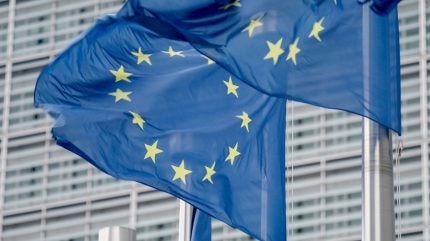
The European Union is set to prioritise geothermal energy as part of its strategy to enhance energy security and reduce reliance on Russian gas.
According to a draft document, the 27 EU member states will collectively endorse geothermal energy at an upcoming meeting of EU energy ministers in Brussels, as reported by Reuters.
The ministers will urge the European Commission to devise a comprehensive plan to accelerate geothermal projects across the bloc.
The draft document calls for an EU strategy to cut emissions from heating and cooling systems, and it proposes specific measures to expedite geothermal initiatives.
These measures may include financial guarantees to mitigate investment risks and streamline permitting processes.
Geothermal projects involve drilling underground to access subterranean heat, which is used for heating buildings or generating electricity.
“The use of geothermal energy contributes to the strategic objectives of the European Union by decreasing energy dependence and fossil fuel imports,” the document states.
High energy prices and the loss of Russian gas since the 2022 Ukraine invasion have driven EU countries to expand the use of renewable energy sources.
Despite significant growth in wind and solar energy, geothermal energy remains underutilised, producing less than 3% of the EU’s energy in 2022.
The European Geothermal Energy Council suggests it could meet three-quarters of the EU’s heating and cooling needs by 2040.
While most EU countries have geothermal district heating systems, only a few, including France, Germany and Italy, use them for electricity generation.
In related developments, independent power producer GoldenPeaks Capital Holding and the China National Building Material Group have unveiled plans to expand their renewable energy partnership in Europe.
Their collaboration aims to develop a yearly project pipeline of 1GW, targeting new markets such as Germany, Italy and Greece.
The initiative builds on a successful five-year partnership between the two companies.


